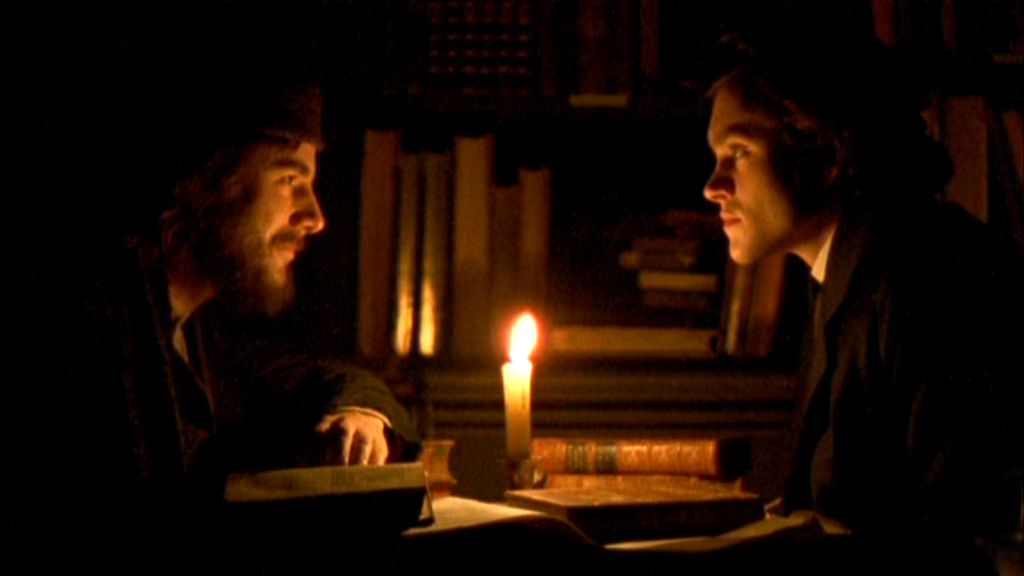This is why I was so pleased to learn this week that the massive and popular Jewish educational organisation Dirshu is vigorously promoting the study of Avot in yeshivot. According to The Yeshiva World website, this is
" ... an unprecedented venture, which will encompass the entire Jewish world, from Israel to South America, Europe, and Australia. As part of the program, the yeshivah bachurim will learn Pirkei Avos .... The learning will be followed by a test on the material, and monetary prizes will be awarded to those who succeed".Once the yeshivah students have opened the pages of Avot, learned it thoroughly, passed the test and become entitled to their rewards, an interesting question arises: what will they make of the famous mishnah at Avot 1:3 in which Antigonus Ish Socho teaches that a person should not serve his Master on condition that he will receive a reward, or the equally famous mishnah at Avot 4:7 that he should not use his Torah learning as a spade to dig with?
The Jerusalem Post here
The Yeshiva World here













